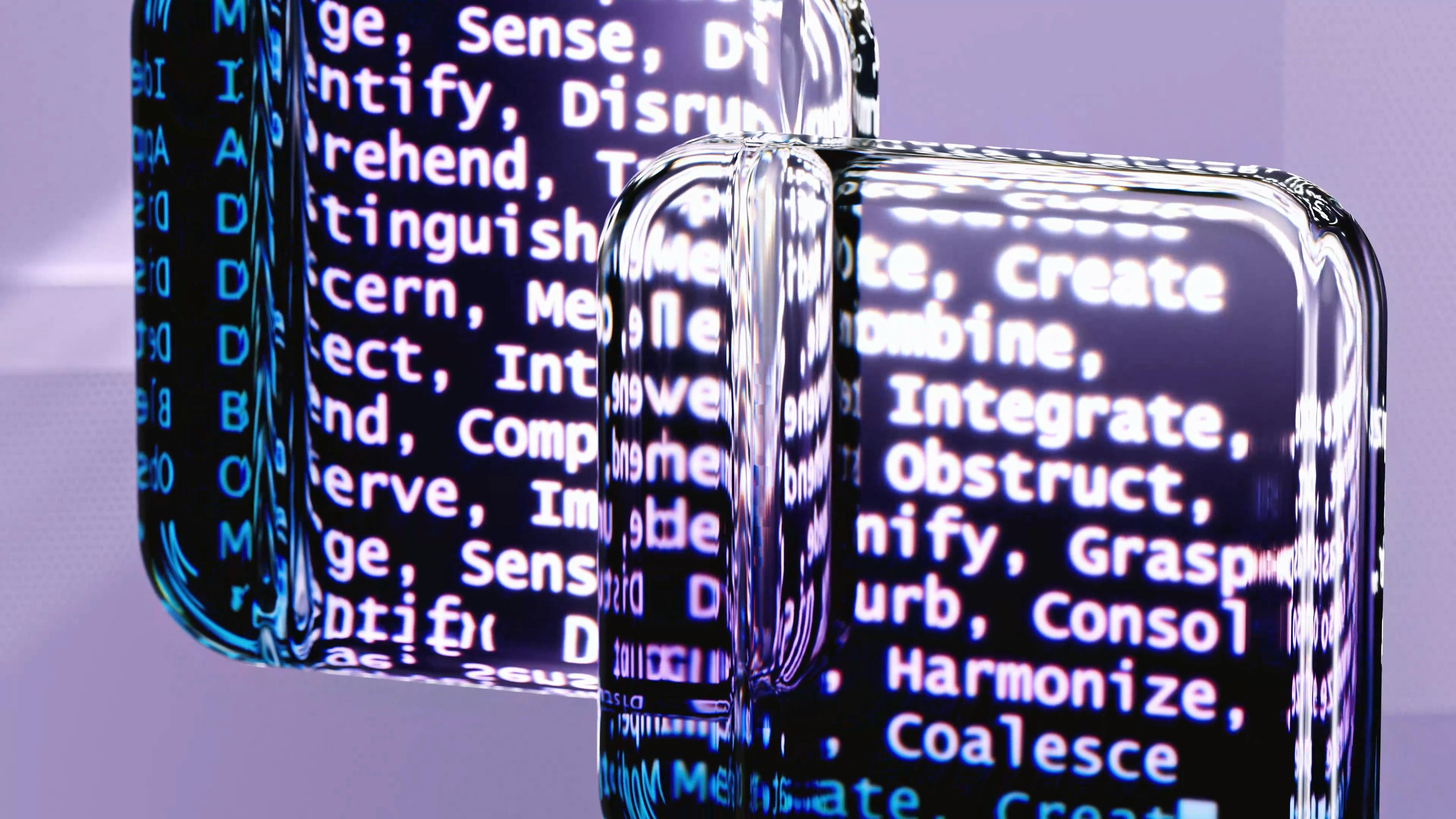

.jpg)

The music industry stands at a crossroads in this digital era, where technology intertwines with creativity. Artificial Intelligence and high-quality data are emerging as pivotal forces reshaping how music is created, distributed, and experienced. Yet, amidst this transformation, a crucial balance must be struck to ensure that these advancements remain faithful to the essence of human musicianship. Let's delve into how AI and data can synergize with human creativity, enriching the music industry while honoring its artistic roots.
Data is the lifeblood of AI, and in the realm of music, it serves as a wellspring of insights. Analyzing vast repositories of musical compositions, listener preferences, and cultural trends empowers AI to unearth patterns and trends that might elude human perception alone. By harnessing this data, musicians can gain valuable insights into audience preferences, genre trends, and even the emotional impact of their compositions.
For instance, AI-driven platforms like Spotify and Pandora leverage user data to curate personalized playlists, introducing listeners to new artists and tracks tailored to their tastes. Similarly, AI algorithms can assist musicians in crafting compositions that resonate with specific demographics or evoke desired emotional responses, thereby enhancing the creative process rather than supplanting it.
AI technologies, ranging from generative algorithms to neural networks, are increasingly being employed to augment the composition and production process. These tools can analyze existing musical works to generate novel melodies, harmonies, and rhythms, providing a wellspring of inspiration for human musicians.
Moreover, AI-driven production tools offer innovative ways to refine and polish musical compositions. From automated mixing and mastering algorithms to virtual instruments that replicate the sound of traditional analog gear, these technologies empower musicians to achieve professional-grade results with unprecedented efficiency.
However, it's essential to recognize that AI is not a replacement for human creativity but rather a complementary tool. While AI can generate musical ideas, it lacks the intrinsic emotional depth and intuition that characterize human expression. Therefore, the most compelling musical works often emerge from a symbiotic relationship between human creativity and AI-driven assistance.

One of the most transformative aspects of AI and high-quality data is their ability to democratize the music industry, empowering independent artists to reach broader audiences and thrive in an increasingly competitive landscape. AI-driven streaming platforms and social media algorithms enable artists to connect directly with fans, bypassing traditional gatekeepers and distribution channels.
Moreover, data analytics provide independent artists with actionable insights into their audience demographics, listening habits, and geographical reach. Armed with this knowledge, artists can tailor their marketing strategies, optimize tour schedules, and even fine-tune their musical style to resonate with specific audiences.
As we embrace the possibilities offered by AI and data in the music industry, it's paramount to safeguard the artistic integrity and authenticity of human musicians. While technology can enhance creativity and streamline production processes, it must always serve as a tool in service of human expression rather than a substitute for it.
Furthermore, ethical considerations surrounding data privacy and ownership are of utmost importance. Artists should retain control over their creative works and have a say in how their music is utilized and monetized in the digital ecosystem.
The marriage of AI and high-quality data with human creativity holds immense promise for the music industry, fostering innovation, expanding access, and enriching artistic expression. By harnessing the power of technology while remaining steadfast in their commitment to musical authenticity, musicians can chart a course towards a vibrant and sustainable future. As we navigate this evolving landscape, let us embrace the harmonious collaboration between human musicians and their AI counterparts, ensuring that the soulful essence of music remains at the heart of every composition, performance, and listening experience.


.jpg)
